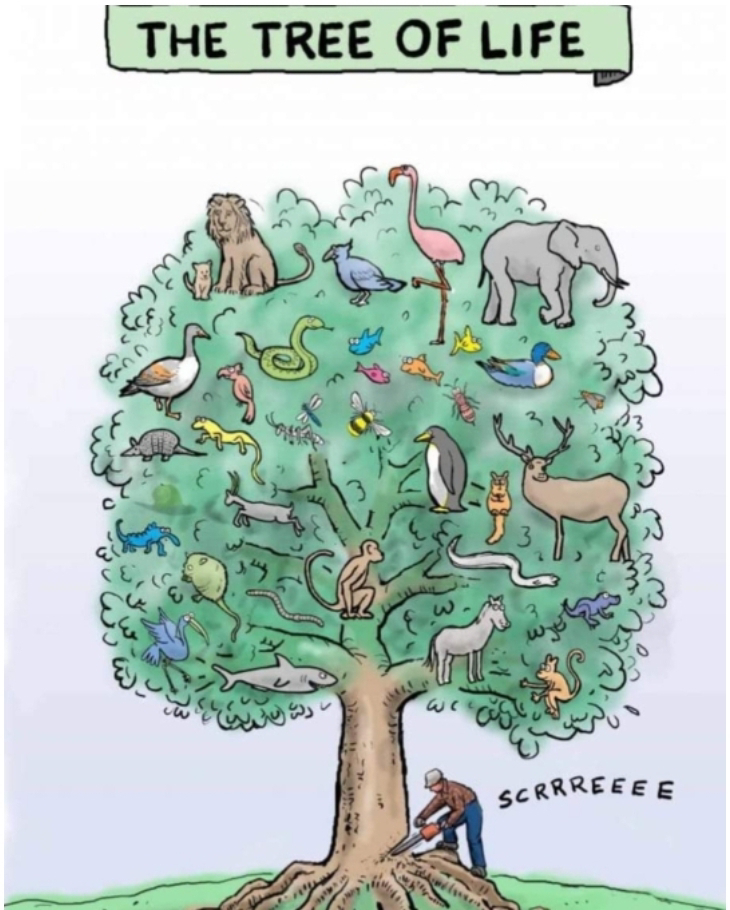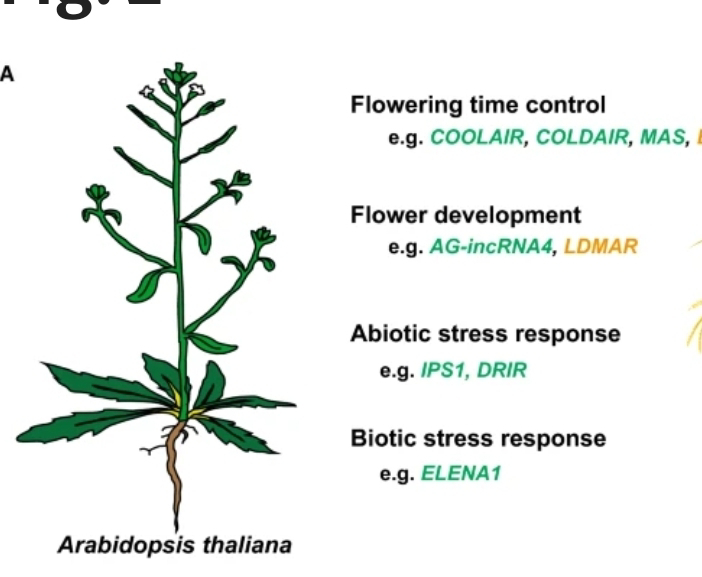Delving Deeper into the Tangled Branches: Pattern Pluralism and the Tree of Life Hypothesis

The iconic Tree of Life (TOL) has mesmerized and guided biologists for centuries, symbolizing the shared ancestry of all living things. Yet, much like a majestic oak with intricate root systems and unexpected branches, the true picture of evolution might be far more complex than a singular, neatly branching structure can capture. This is where the concept of pattern pluralism emerges, challenging the singular TOL hypothesis and advocating for a multi-faceted representation of evolutionary relationships. Deconstructing the Limitations of the Traditional TOL: While Darwin's vision of the TOL provided a valuable framework, its shortcomings become apparent when confronting the vast complexities of life. The inclusion of prokaryotes , diverse and ancient single-celled organisms, proved particularly problematic . Their unique evolutionary patterns, characterized by horizontal gene transfer (HGT) where genetic material jumps between species, defy the neatly ordered linea...

